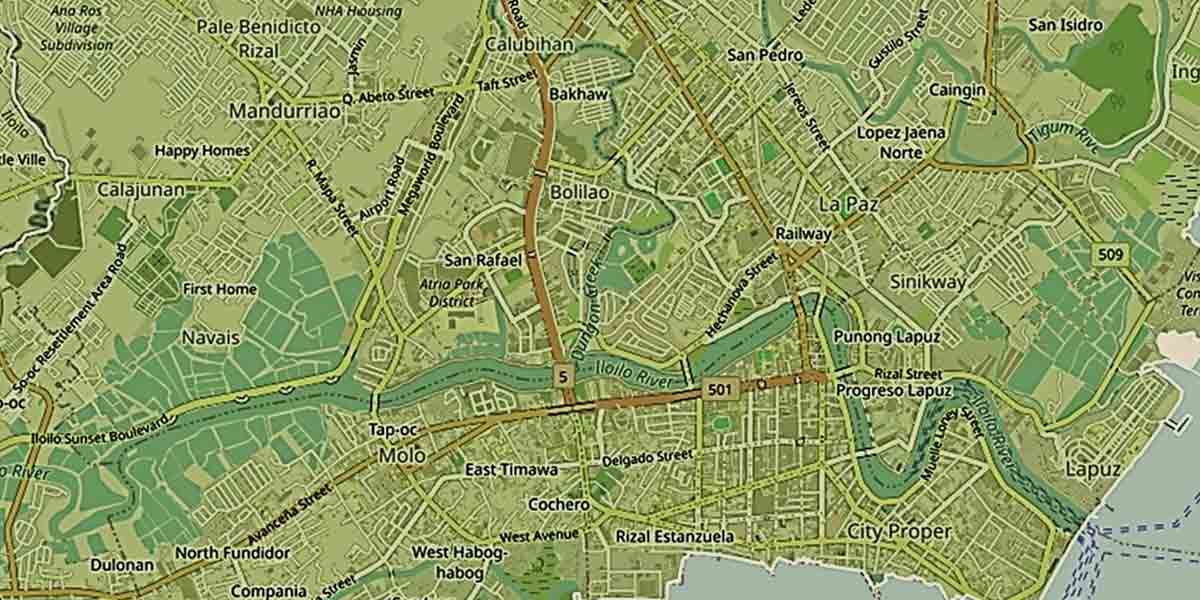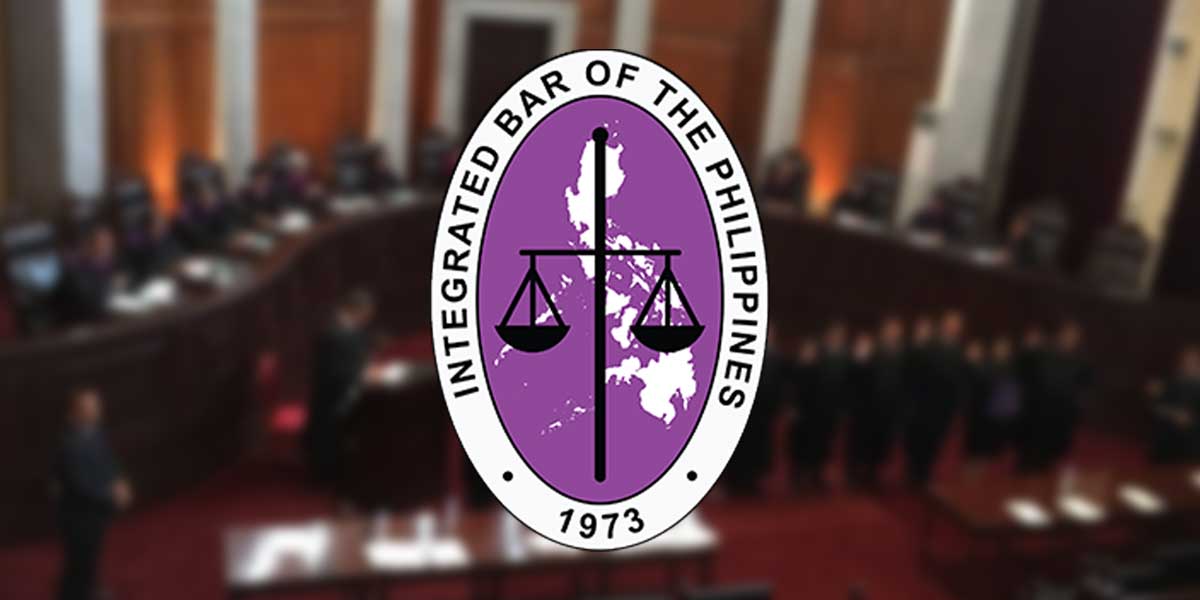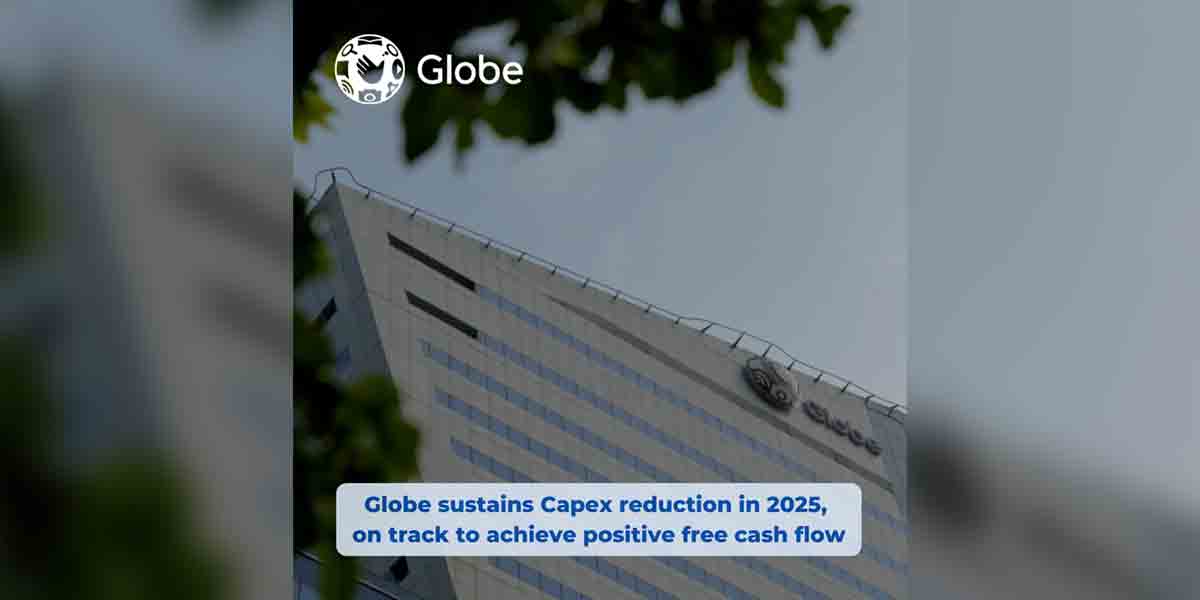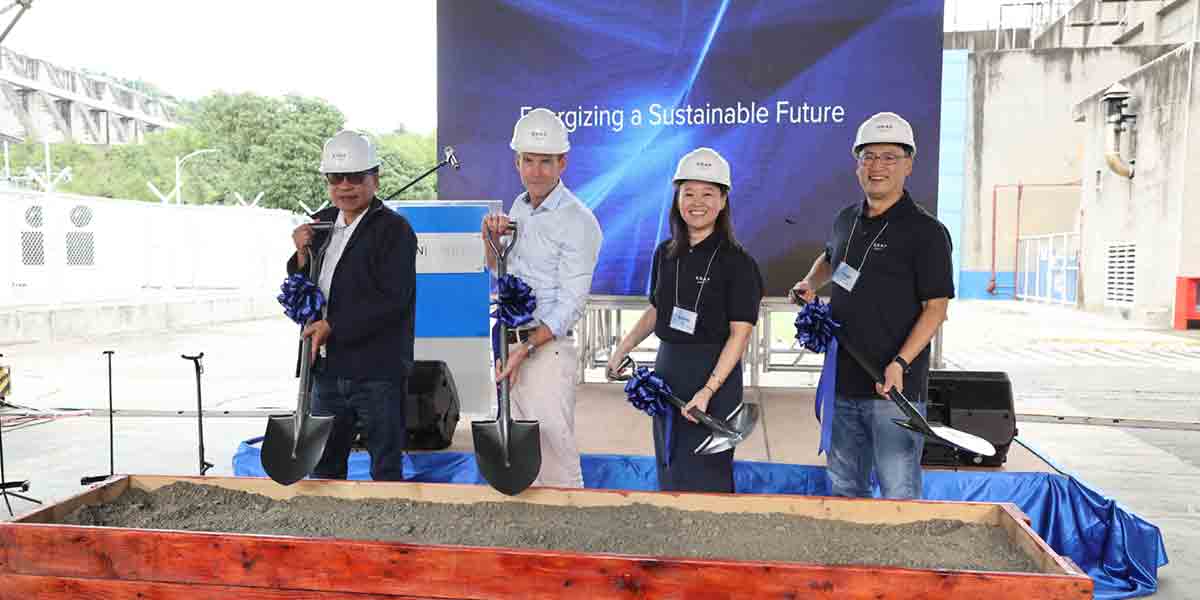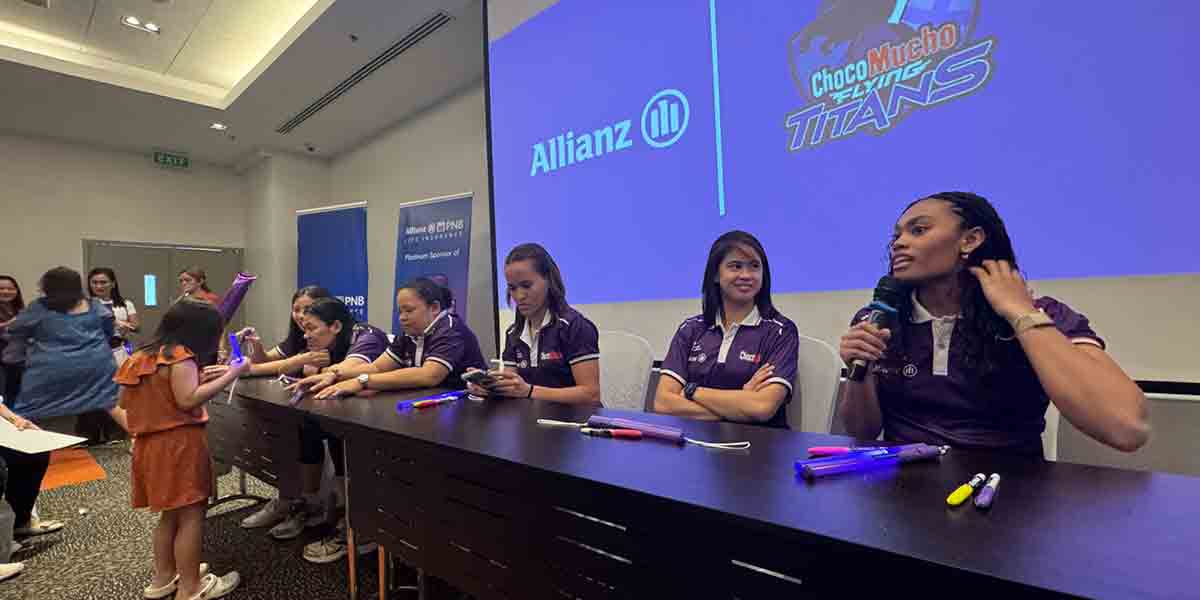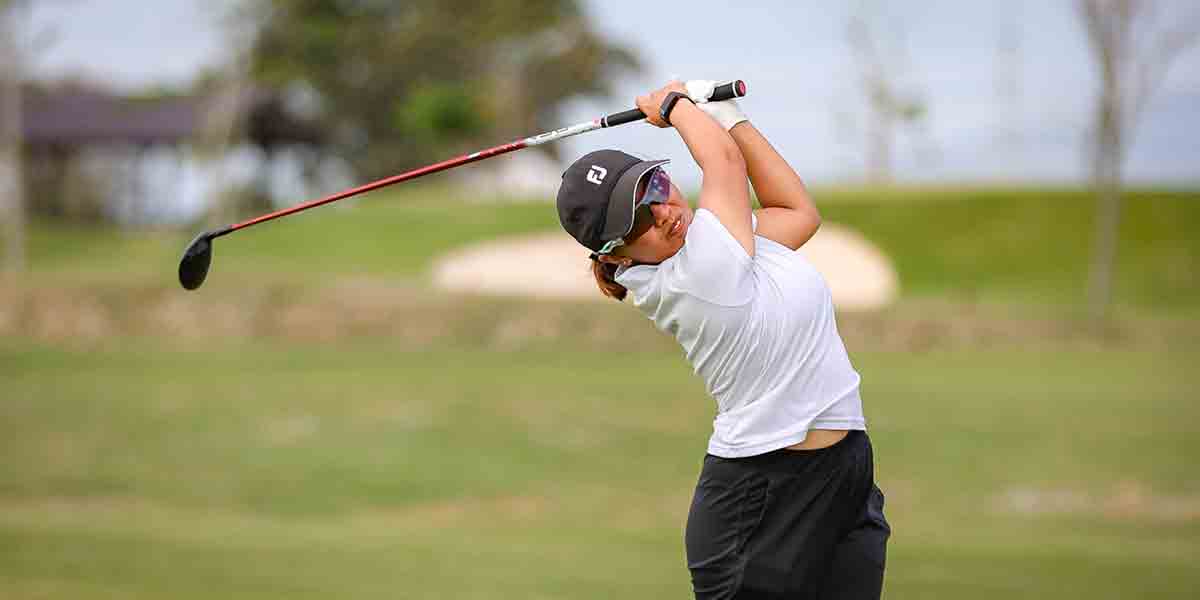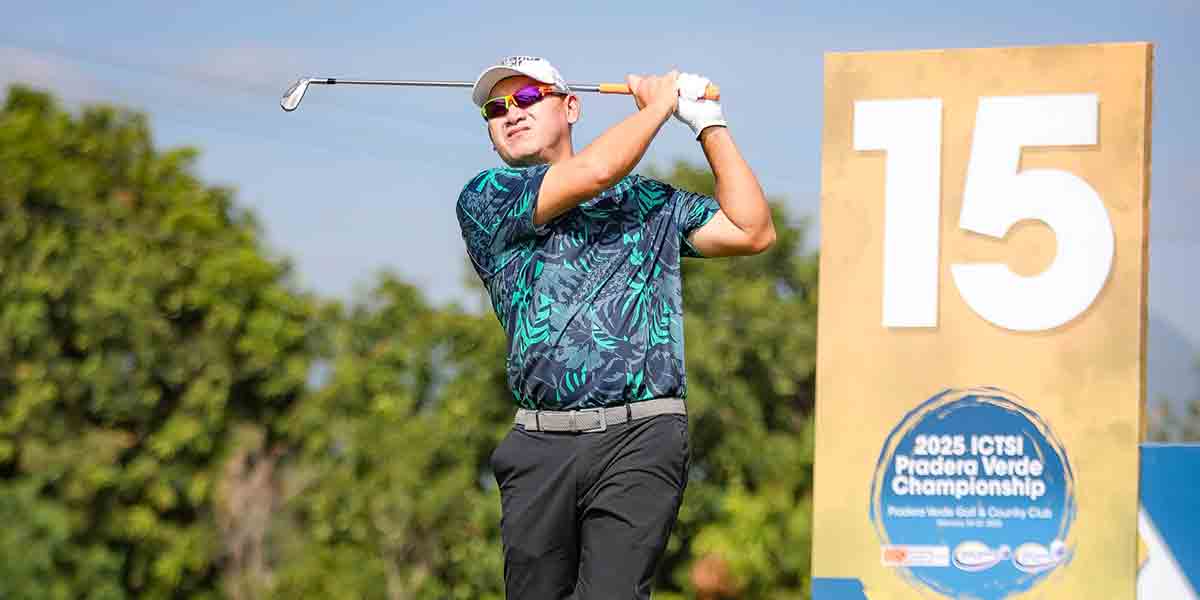Mayor Jerry Treñas’s recent clarification about allowing political rallies outside Iloilo’s City Proper during Dinagyang Festival appears reasonable on the surface, but it masks concerning implications for fundamental constitutional rights.
While the intention to preserve the religious sanctity of Dinagyang deserves respect, the selective application of free speech restrictions raises troubling questions about equality and democratic principles.
The glaring contradiction becomes evident when we consider that political “Very, Very Important Personalities” (VVIPs) like senators and other high-profile politicians are welcomed to speak at festival venues, while ordinary citizens’ expressions are relegated to the periphery.
Restricting rallies to other districts like Jaro or Molo is a practical compromise to prevent congestion in the City Proper. It aligns with the spirit of keeping the festival zones clear of political noise. This approach also ensures that the festivities remain a safe and enjoyable experience for locals and visitors.
However, this restriction seems selective in its application, especially when exceptions are made for so-called VVIPs, who are allowed to deliver brief speeches in festival areas “out of courtesy.”
This two-tiered system of expression rights – one for the politically powerful and another for the common citizen – undermines the very essence of democratic discourse that our constitution seeks to protect.
Furthermore, the prohibition of political and propaganda materials in festival areas might seem logical for maintaining the cultural focus of Dinagyang. However, banning anti-government slogans and other forms of dissent strikes at the very heart of democracy.
This restriction, even if well-intentioned, could easily be construed as censorship. It represents a concerning overreach that goes beyond maintaining festival sanctity into the realm of thought control
Freedom of expression, especially in public spaces, is a fundamental right guaranteed by the Constitution. Silencing voices critical of the government, particularly during an election season, sends a troubling message about the limits of free speech.
A peaceful protester holding a placard poses no more security risk than a festival-goer taking photographs, yet one faces restrictions while the other doesn’t.
Silent protests, such as individuals holding placards in a non-violent manner, are a legitimate form of expression. Such actions do not threaten public safety, and banning them under the guise of maintaining order is an overreach. The essence of democracy lies in the ability of citizens to express their grievances without fear of suppression, even during celebratory occasions like the Dinagyang Festival.
The mayor’s assertion that the festival should focus solely on religious traditions inadvertently creates a false dichotomy between faith and civic engagement, ignoring the Philippines’ rich history of religious celebrations coexisting with social activism.
Even more concerning is the underlying assumption that political expression somehow diminishes religious celebration, when in fact, many of our faith traditions emphasize social justice and community engagement.
The removal of political signage, while seemingly even-handed in including the mayor’s own camp, sets a precedent for selective enforcement that could be exploited to silence legitimate political discourse.
Rather than blanket restrictions on political expression, a more nuanced approach focusing on specific disruptive behaviors would better serve both the festival’s dignity and constitutional rights.
The true spirit of Dinagyang – and indeed any community celebration – lies in its ability to bring people together, not in creating artificial divisions between religious devotion and civic engagement.
The city leadership would do well to remember that democracy thrives not in the absence of political expression, but in its thoughtful integration into all aspects of community life, including our most cherished cultural celebrations.


